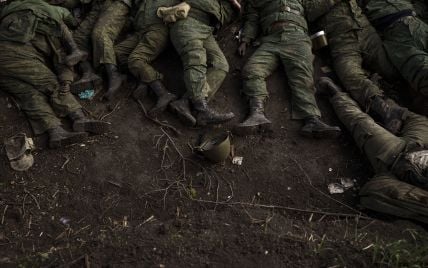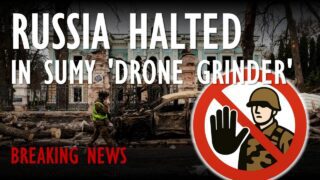
ISW: Russian army recruitment barely matches daily casualty rates
The Russian military’s recruitment efforts are barely keeping pace with its casualty rates as intense operations continue in Ukraine, the Institute for the Study of War (ISW) reported on 16 December.
At the Russian Ministry of Defense (MoD) board’s meeting with Russia’s President Vladimir Putin, the country’s Defense Minister Belousov claimed the military has recruited over 427,000 volunteer servicemembers in 2024, averaging more than 1,200 recruits daily, ISW says.
However, US Defense Secretary Lloyd Austin stated on 31 October that Russian forces are suffering approximately 1,200 casualties per day. The UK Ministry of Defense noted even higher losses, reporting record-high casualty rates in November 2024 averaging 1,523 per day, exceeding the claimed recruitment numbers.
Russian opposition outlet Vazhnye Istorii challenged the official figures on 16 December, reporting that federal budget data on one-time payments to military service contractors indicates between 215,700 and 249,000 people signed contracts in the first three quarters of 2024. The outlet noted that reaching Belousov’s claimed figure would require at least 178,000 new contracts between October and mid-December 2024.
ISW says it has observed recently that the Russian military has shown signs of struggling to recruit enough soldiers to replace frontline losses.
“Continued intensified offensive operations in Ukraine, particularly in western Donetsk Oblast, have put an unsustainable strain on Russia’s force generation apparatus and economy. Russian authorities will likely have to balance mounting personnel losses and the growing pressure to enact a deeply unpopular partial involuntary reserve callup,” the think tank noted.
Related:













